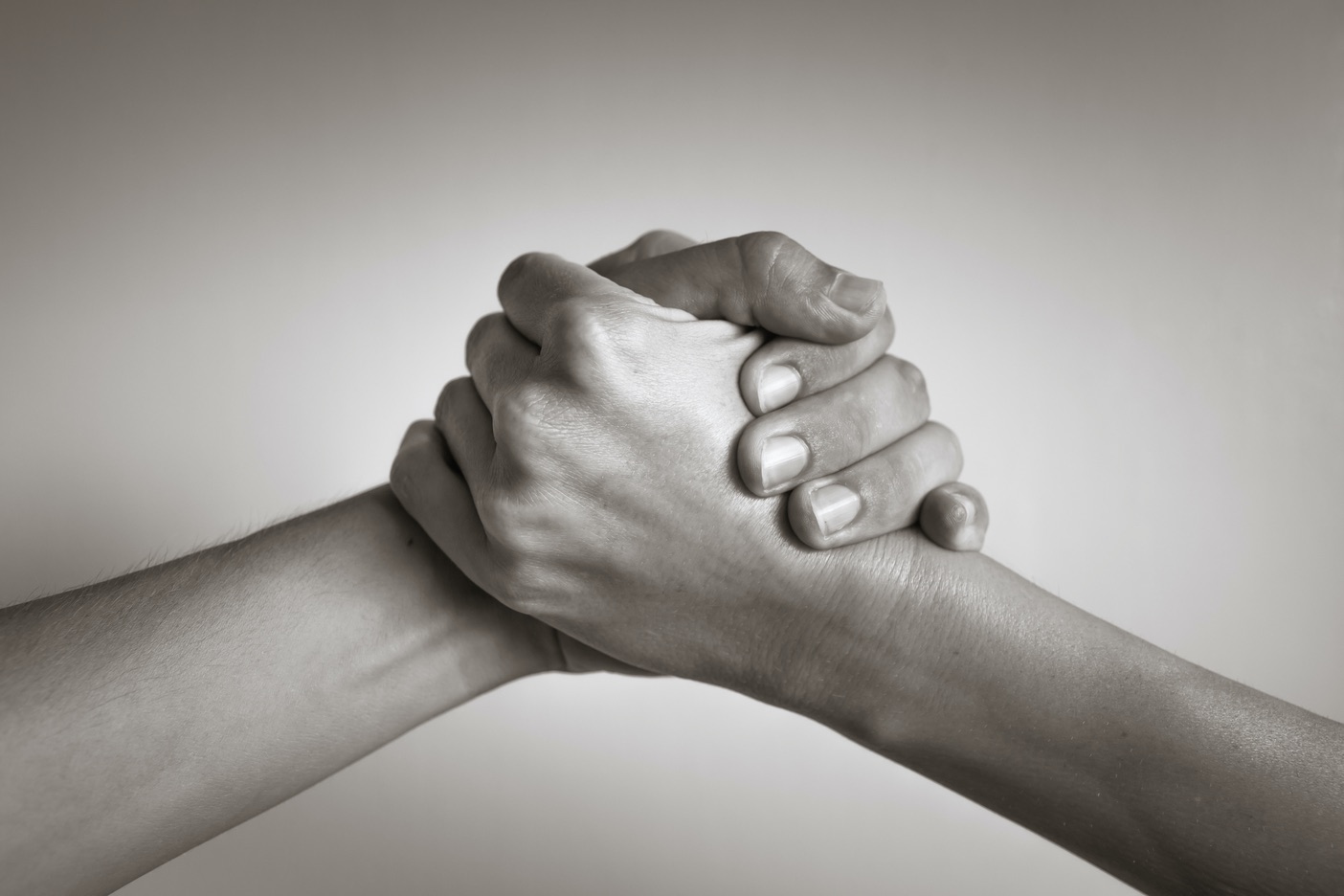[OPINION] Hazing, brotherhood, and the ties that blind
As a kid and well into my early teenage life, I was a bully magnet.
Being obscenely fat, dark-skinned, ugly-duckling obnoxious, pocket-sized, and a hapless bookwork didn’t sit well with the tall and handsome brain-dead mestizos and rich kids of my day. My being an unico hijo and introvert marked me for attacks. While being beaten physically wasn’t so much of a problem as being forced to give up my recess money under the pain of being humiliated, I obliged bullies who were often taller than my 5’4” frame. Imagine, they had muscles at 16 and fists the size of coconuts.
I had a handful of friends, but they were no more bully magnets than I was. And so I found myself always by my lonesome until a friend of mine convinced me that joining a community fraternity was the only way to be part of the “in-crowd.” Perhaps, deep inside me, I did long for a gang of boys who’d stand up in my stead when push comes to shove.
Being socially adept is not wrong in and by itself, but belonging to 'secret' societies should awaken children to the fact that being 'secret' is already a cause for concern.
I agreed, reluctantly. I’ve heard rumors of how initiation rites were staged. Having lived my life under the perpetual care of a rich mother hardly trained me to a life of pain. But then, at that point, I would trade a lifelong solitary confinement for pain anytime. I was sick of being alone, rejected, and being the target of bullies. I guess I thought then that it was time to level up a bit.
It began with a three-day initiation ritual that I would later regret undergoing for the rest of my days. Other than the humiliating stuff they commanded me to do, it was the last day that I would never forget. The blows from a wooden paddle wielded in full swing—40+1 strikes—left my thighs and legs black and blue.
At one point, my blindfold dropped and revealed the face of the person who hit me with the paddle using its blunt corner. I committed his face to memory.
I couldn’t for the life of me reveal my condition to my parents as this would blow them off the roof. Thus, without the least bit of medical care, I attended my classes while robbed of my ability to walk and sit normally. Excruciating didn’t even come close to describing it. I would later on be told by a doctor that my being overweight actually saved my life.
The final rite resembled that of torture—the head of the fraternity burning the outer layer of the skin on my left shoulder with a live cigarette to mark me as a member of the brotherhood.

I survived the initiation rite and was welcomed as an honored member of the brotherhood. But so sooner than that happened, I lay in wait for that person who struck me with the paddle using its blunt corner. Mustering whatever strength I had left, let alone courage, I landed my fist on the person’s jaw as he crossed the street near my home. He fell on the pavement, stayed there for a second or two, and thereafter ran.
Since that day, I vowed to not let anyone touch me the same way again without a fight. Apparently, when I saw that tall kid fall on the pavement and ran, I told myself “I don’t need a brotherhood to deal with bullies. I can pretty much handle them myself.”
When John Matthew Salilig, a chemical engineering student from Adamson University, was reported missing on Feb. 20, it didn’t occur to me that he would be a victim of hazing. It was my wife who read the reports and told me later in the day.
More than just hazing, we are here faced with a long-standing struggle of children to 'belong' whatever the cost.
I join former senator Joey Lina, author of the Anti-Hazing Law of 1995, in calling for the continuing education of the youth as regards hazing. But more than just hazing, we are here faced with a long-standing struggle of children to “belong” whatever the cost.
The factors that drive children to want to be members of fraternities are psychologically, emotionally, and socially complex. While I believe that education must always begin at home through the attention and instructions of parents, our schools, too, must comply.
Perhaps they can formulate exercises whereby children are given opportunities to grow their self-confidence. This way, they’re not forced to look for help in others who’d promise them security but at what price. Social media only exacerbates the problem by indirectly encouraging a false sense of connectivity.
Being socially adept is not wrong in and by itself, but belonging to “secret” societies should awaken children to the fact that being “secret” is already a cause for concern.
I believe that some fraternities and sororities, too, are waking up to the realities brought about by their traditions. The best way is to introduce non-violent forms of initiation rites, and do away with the former. But for those who have yet to adapt themselves into the 21st century, it’s about time they do.
The idea of brotherhood in this context has suffered enough as it is.


